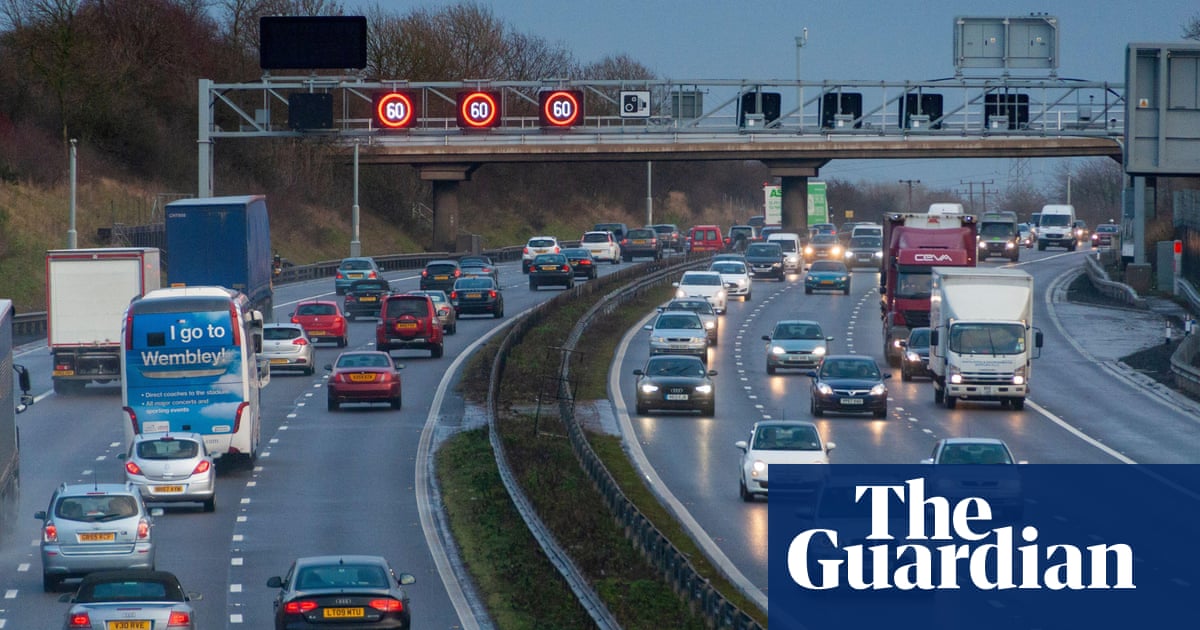Africa’s underrated seaside city that’s less than 4-hours from the UK

- by Admin
- November 30, 2024

Rabat is a seaside capital city full of historic treasures less than four hours from the UK. The capital of Morocco sits on the Atlantic coast and is the seat of the country’s government as well as home to the main residence of the country’s king, Mohammed VI.
Morocco welcomed a record 14.5 million tourists last year, with numbers estimated to rise by the country’s tourism ministry. The country will host the 2030 FIFA World Cup along with Spain and Portugal.
Top destinations include Morocco’s “Blue Pearl” city, Chefchaouen, Marrakech, Fes, the Sahara and Atlas Mountains, but Rabat has attractions which ought not to be missed, according to a number of travel guides.
Blue Guide notes Rabat’s main attractions are the Kasbah of the Oudaias, the medina, the Hassan Tower and Chellah, a medieval, fortified Muslim necropolis as well as an ancient archaeological site dating back to the Phoenicians.
Kasbah of the Oudaias is the oldest part of the city and is named after an Arab tribe that invaded this part of Africa in the 11th century.
Located on a hill at the mouth of the Bou Regreg river, this UNESCO World Heritage Site’s narrow lanes are lined with whitewashed houses. The historic citadel offers “scenic” views of the neighbouring city of Salé and the sea, according to Lonely Planet.
There is also a lively medina where you can hone your bargaining skills with traders said to expect tourists to haggle over their prices.
One of Rabat’s most distinctive landmarks is the Hassan Tower, which is almost all that remains of a mosque begun by Sultan Yacoub Mansour in 1194 but not completed.
The red stone tower is 44 metres high and comprises six storeys with a single room on each boasting domed ceilings. At the opposite end of the site is the Mausoleum of Mohammed V, which the late King Hassan built in memory of his father. It features delicate stuccowork, mosaics and a mahogany carved dome.
The Chellah necropolis includes remnants from Roman and Merinide civilisations, with a forum and triumphal arch reminders of Sala Colonia, a port from where wine, pottery, wool and oil were shipped to Rome in ancient times.
Centuries later, Merinide sultan Abou Said built a small fortress surrounded by huge walls which survive today. Its gateway is “intricately decorated” and “truly magnificent”, according to Blue Guide.
The same publication recommends Avenue Mohammed V and Avenue Allal Ibn Abdullah in the modern part of the city, hailing the streets’ shops, restaurants and cafés.
Modern Rabat’s focal point, however, is the Mechouar where you can see the Royal Palace, Royal Mosque and the Royal Guard – ceremonial guards clad in scarlet uniforms known by Moroccans as “Sudanese”, or “black”, due to their forebears’ roots south of the Sahara.
Ryanair flies direct to Rabat, with the average flight time being three hours and 39 minutes, according to Skyscanner, which estimated the best price to be £37 at the time of writing.
The cheapest month to fly to Rabat is January, when the average temperature can reach 17C. Temperatures rise up to 27C or above in the summer, with 10 hours of sunshine a day in June, July and August.
The Latest News
-
December 22, 2024Donald Trump picks Apprentice producer to be the US special envoy to UK
-
December 22, 2024Daily horoscope: December 22, 2024 astrological predictions for your star sign
-
December 21, 2024UK flights and ferries cancelled owing to high winds as Christmas getaway begins
-
December 21, 2024Prince Andrew plans to move to UAE amid espionage allegations: Report
-
December 21, 2024Inside Britain’s saddest shopping centre: Town centre mall empty just DAYS before Christmas as depressed locals say ‘it’s a disgrace’





